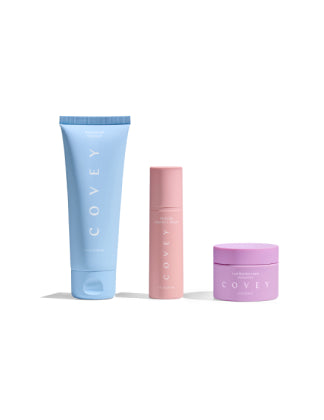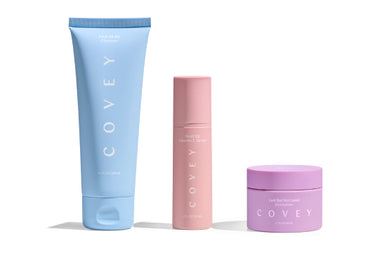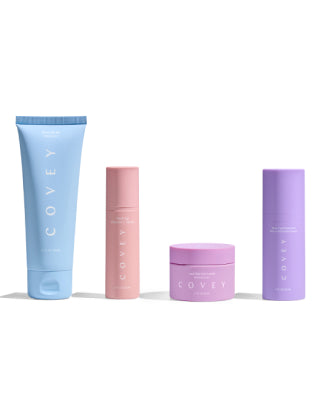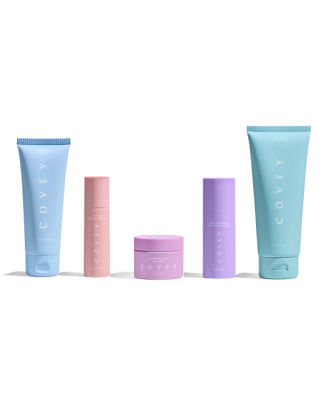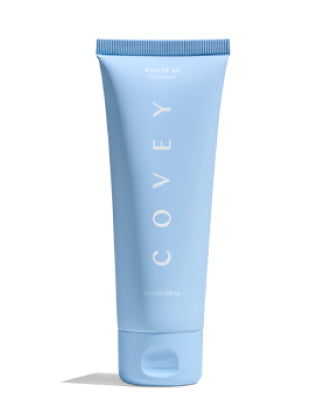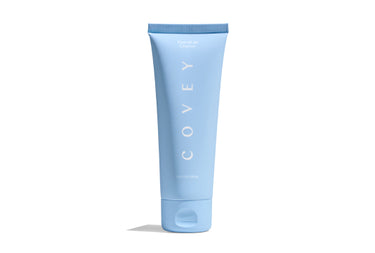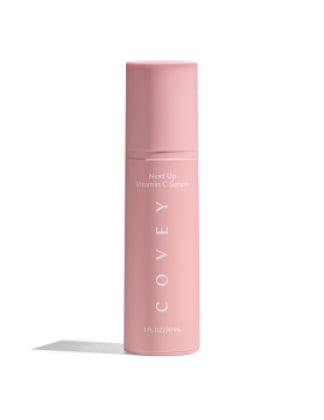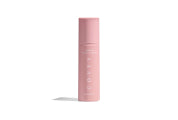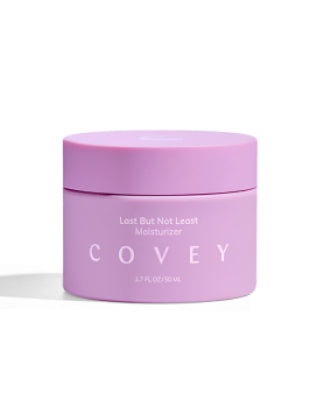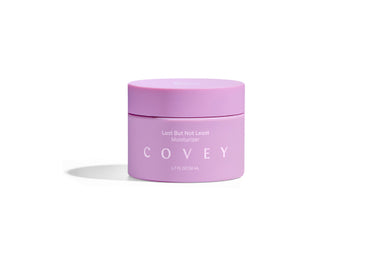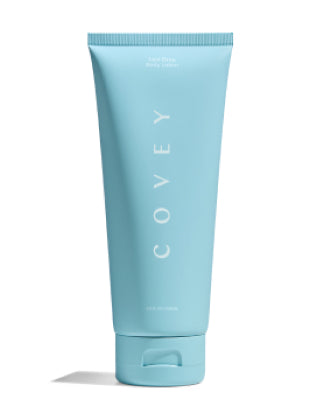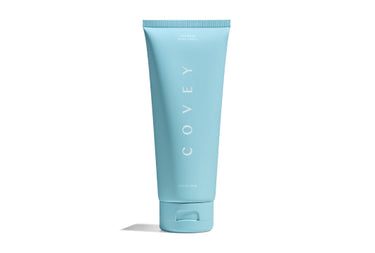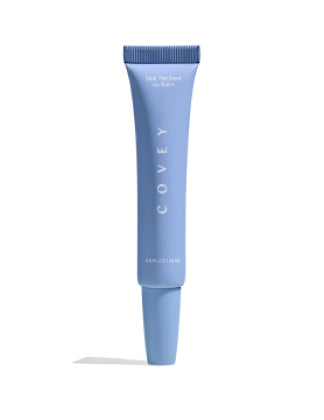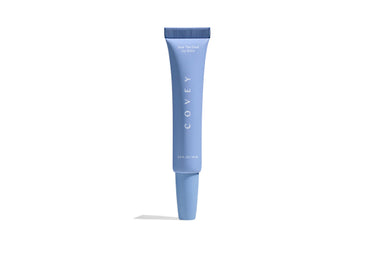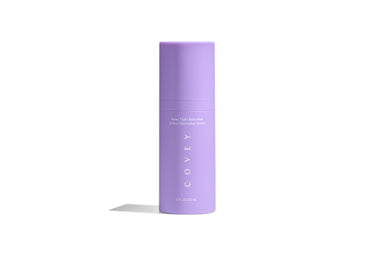
The Science of Routine
Your routine starts as soon as you wake up: Maybe you scroll through your phone for a few minutes before getting out of bed. Or you hop right in the shower for an instant wake-up.
That moment — the split-second decision that you make every day — almost feels automated, since it’s second nature for you. And while you could look at your routine from a big-picture perspective, it can actually be quite granular. In your A.M. routine, for example, you wake up, wash your face, brush your teeth and get dressed. Why do you do it that way? And why does it feel comforting?
Well, it’s science.
Routines are built when habits are formed. It’s often said that habits take 28 days to form, but a study published in the European Journal of Social Psychology showed that it varies from person to person, with habit formation taking anywhere from 18 to 254 days. The fact of the matter is that habits will only take shape with consistency and a realistic mindset. Let’s face it: You won’t build a new habit overnight, and chances are, you won’t go from zero to 100 in an instant.
Charles Duhigg explores the formation of habits in his best-selling book, ‘The Power of Habit.’ He famously says that it takes three steps to form a habit: a cue, routine and reward.
Let’s break it down: Say you view your morning skincare routine as a sign that your day is beginning (a cue), you’ll be rewarded with a feeling of bright and clean skin (reward) once you take time to follow through with your routine. So, in other words, habits are an essential building block to any and every routine — big or small.
The benefits of routine
In many ways, humans are creatures of habit, so it’s only natural that many feel inclined to have routines in our everyday lives since everything feels out of whack when there isn’t one in place. When done right, routines can improve our physical, mental and emotional wellbeing, including:
- They lower our stress levels: “Routine also helps with stress. Create a set schedule for doing chores, work tasks, meetings, exercise, paying bills, and all the usual things you need to do. Put these into your schedule. Once this becomes your normal routine, it’s easier to accomplish everything,” Dr. Steve Orma, a CBT clinical psychologist, tells Headspace.
- They provide better sleep: Without a routine (especially a bedtime routine), you can find yourself up until the wee hours of the morning playing catch up or waking up early to finish whatever you missed the day before.
- They improve our overall health: A 2019 study published in the American Journal of Lifestyle Medicine points out that “those successful at maintaining weight loss often eat the same foods, engage in regular exercise, and do not skip meals” — a.k.a. stick a routine.
- They help us make better food choices: People who follow routine meal times tend to have overall better diets, according to a study published in the Public Health Nutrition journal.
- They make us feel productive and focused: You know what you need to do and when you need to do it, which makes it easier to check things off your to-do list. Sheryl Sandberg from Facebook famously carries around a handwritten to-do list in a notebook. When she completes it for the day, she rips it out. Tearing off a finished page feels good — and keeps us going.
How we can stick to routines
Each person may have a different approach to implementing and sticking to a routine, but there are a few common techniques that work for nearly everyone. Start by finding an effective way to structure your day — morning, afternoon and night or before work, during work, and after work — and divvy up those buckets of time with the appropriate activities, going as detailed or general as you’d like.
Focus on the activities that need your attention the most: your cleaning schedule, email inbox, nighttime and daytime skincare routine and so on. While you may prefer to stick with specific time allotments, factor in time for flexibility since you’re more likely to stick to a routine that’s actually possible, not intimidating.
As you work your way down the list each day, take note of any changes and feel free to make adjustments along the way. Always remember: Routines are meant to help you take control of your life, not the other way around!
Why simpler routines may be better
Some people like writing out their day minute by minute; others prefer to take a more simplistic approach. But let's be clear, the best routine for you is the one that works. If you’re just starting off, simple may be the way to go since you’re more apt to stick with it long enough to form a habit. Then it’s up to you whether or not you want to build onto your routine or simply keep it as-is.
Take your morning skincare routine, for example. At first, you may start out slow by cleansing and moisturizing your skin. Once this starts to feel second nature, you may feel ready to add a third step into the mix.
You can give the three-step Covey Routine a try: Start with the First of All Cleanser, then Next Up Vitamin C Serum, followed by Last But Not Least Moisturizer. Finish it off with sunscreen and call it a day. One routine down for the day — and you’re ready to go.


